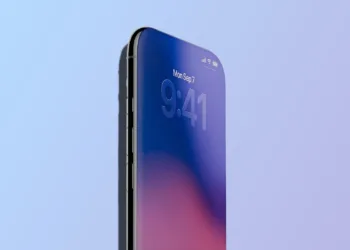The A16 Bionic failed to outperform the A15 Bionic in multi-core results in the most recent benchmark leak, and the only thing that saved it was taking the lead in the single-core test run. Updated test results are now available, and Apple’s newest iPhone SoC performs as you might anticipate, gaining a significant lead over the quickest Android smartphone silicon.
Since both phones share the same chipset, the A15 Bionic, their single-core and multi-core ratings would have been equal, but that is not the case here. The new scores were given by ShrimpApplePro, however, we believe he made a mistake since he wrote “14 Plus VS iPhone 13 Pro Max” in his tweet.

The “iPhone15,2” belongs to the iPhone 14 Pro, which, as you are all aware, has the most recent A16 Bionic processor.
Someone in the Twitter thread provided vital information on the iPhone’s designation number. The single-core score is comparable to what the previous benchmark revealed, however, the multi-core performance has significantly improved in the most recent data. The A16 Bionic received a rating of 5,455, while the iPhone 13 Pro Max had a rating of 4,790.

Apple stressed power saving during the official launch of its newest SoC, but we already knew that performance enhancements were anticipated given that the most recent custom silicon is mass produced on TSMC’s 4nm design.
With the most recent results, the A16 Bionic not only easily defeats the A15 Bionic but also expands its lead and earns bragging rights in the leaderboards for smartphone SoC performance.
Also Read:








